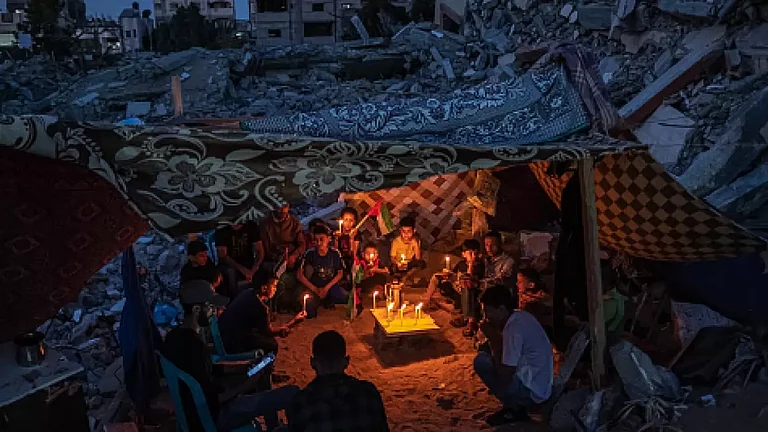
Hamas attributes slow return of ~28 hostage bodies to rubble and destroyed tunnels, needing blocked machinery; Israel claims Hamas has access and intel shared.
Mutual accusations threaten deal—Israel limits aid, closes Rafah; Hamas criticizes as manipulation; Trump threatens US-backed action if non-compliance.
Aid ramps up but remains insufficient; proposals for UN force and reconstruction emerge; war toll nears 68,000 dead, thousands missing.
Hamas has reiterated its dedication to the fragile ceasefire with Israel, amid growing tensions over delays in retrieving and returning the bodies of deceased Israeli hostages from Gaza. The US-brokered deal, which took effect on October 10, 2025, required Hamas to release all living hostages and the remains of the dead within 72 hours, but challenges in accessing bodies buried under rubble or in destroyed tunnels have extended the process.
Acording to CNN, Hamas has handed over the bodies of nine out of approximately 28 deceased hostages, with efforts ongoing to locate the rest using special equipment. Hamas attributes the delays to extensive destruction caused by Israeli bombings, accusing Israel of blocking necessary heavy machinery and restricting aid flows. In response, Israel has temporarily limited aid trucks to pressure compliance, though recent days saw over 700 trucks entering Gaza, including fuel. The Rafah crossing remains closed, with plans to reopen on October 19 under EU and Palestinian coordination.
Israeli Prime Minister Benjamin Netanyahu has vowed no compromises, warning of resumed military action if obligations are not met. US President Donald Trump, who brokered the deal, has echoed this, threatening to green-light Israeli operations and stating the US would "go in and kill" Hamas leaders if internal killings in Gaza continue or hostages are not returned. Hamas, in turn, has criticized these moves as political manipulation and urged mediators to facilitate more aid, reconstruction, and troop withdrawal


























